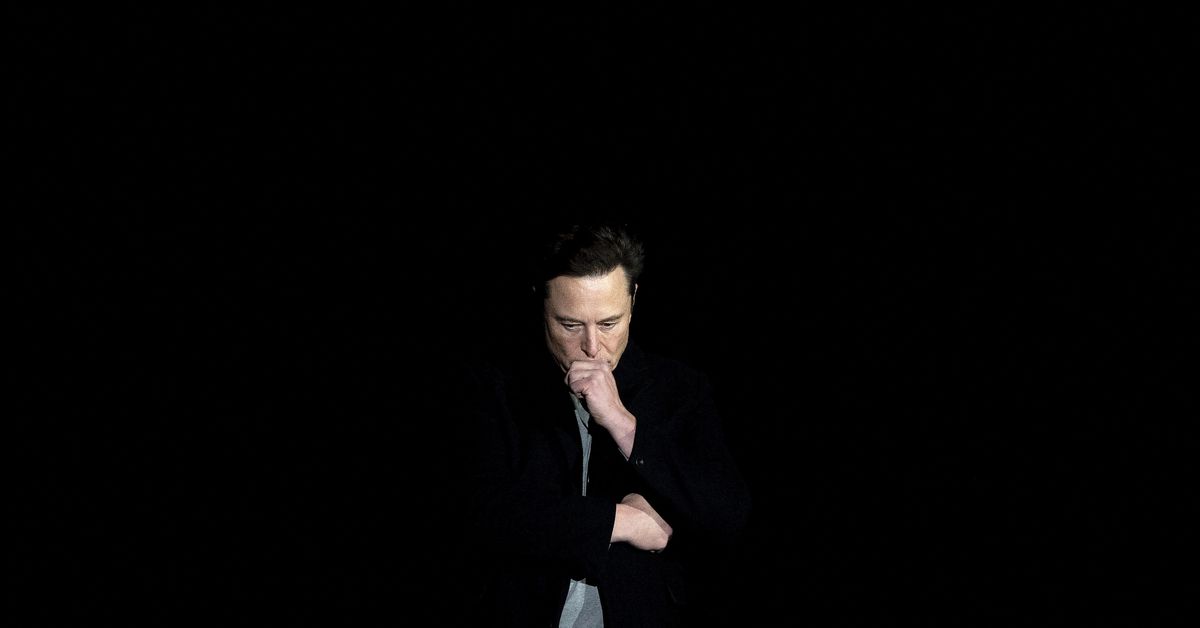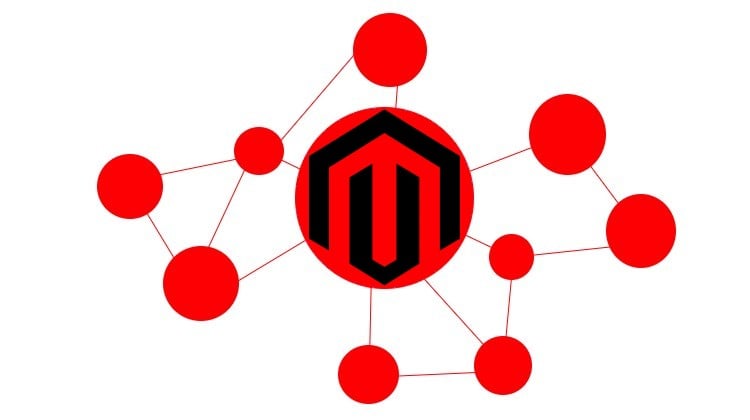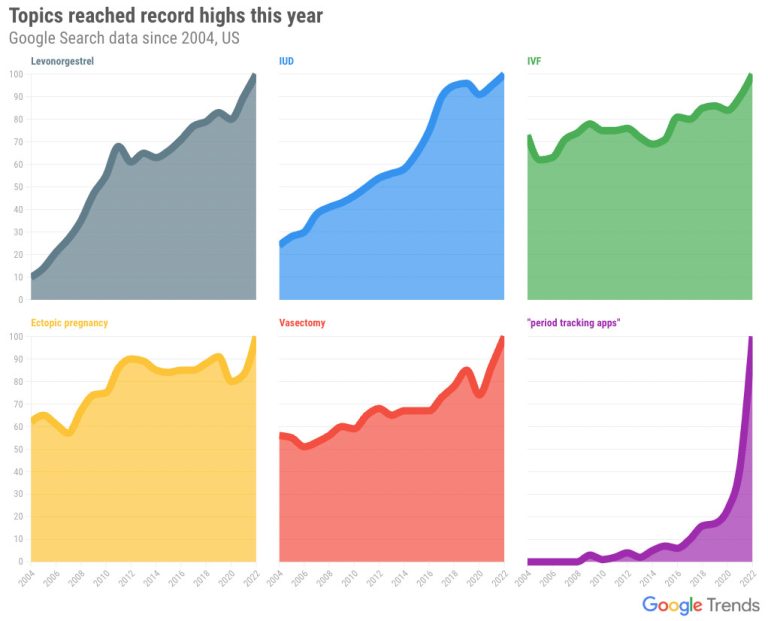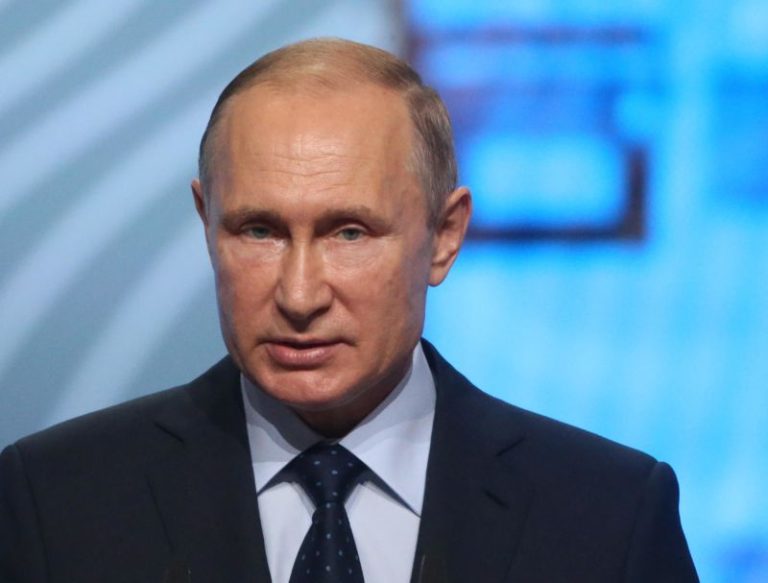
After Russia’s invasion, many feared Ukraine’s internet access would be cut off, either through cyberattacks or the destruction of internet infrastructure — or both. While there have been some temporary outages and attacks on government websites, for the most part, there hasn’t been an internet blackout yet. Even so, after Ukraine’s vice prime minister, Mykhailo Fedorov, tweeted an appeal to Elon Musk, the billionaire sent help.
Earlier this week, a truckload of Starlink satellite dishes, also known as Dishys, showed up in Ukraine. Elon Musk also turned on Starlink’s space internet service in the country, ushering in a round of positive headlines about his world-saving generosity. It’s not clear if or when Ukraine will need an alternate internet service, but it can’t hurt to have the public support of the richest man in the world.
It’s part of a seemingly effective strategy. Russia is known for using the internet to push its propaganda through coordinated social media campaigns. But Ukraine has come up with its own social media tactics, with its leaders making Ukraine’s case through personal, often heartfelt appeals on various channels. As Fedorov said in a tweet last week: Win the hearts of the world while cutting Russians off from technology that’s become essential to many aspects of their daily lives.
In 2022 modern technologies are one of the best response to tanks, rockets and missiles. I’ve addressed to the biggest tech giants to support the sanctions for Russian Federation. We asked them to help us stop this outrageous aggression on our people!
— Mykhailo Fedorov (@FedorovMykhailo) February 26, 2022
Fedorov hasn’t gotten everything he asked for from the other companies, but they have offered some help. Apple stopped selling products in Russia, cut off Apple Pay in the country, and removed Russian state-controlled news apps from its App Store outside Russia. YouTube is deplatforming Russian state-controlled media in Europe, while Google and YouTube have stopped monetizing ads on Russian state-controlled websites and channels. Meta is restricting access to Russian state-controlled media on Facebook and Instagram in the European Union, and demoting posts with links to Russian state-owned media globally.
With Musk, however, Fedorov got exactly what he asked for, from a CEO who loves attention and has a habit of jumping into well-publicized problems with his own novel, Musk-company-branded technological solutions. Musk has demonstrated a willingness to get involved in the Russia-Ukraine conflict in other ways, too: He tweeted SpaceX’s logo at a Russian official who threatened that the International Space Station would fall out of the sky if Russia was cut off from it.
While Musk usually collects accolades for his proposals, it’s worth pointing out that these efforts don’t always pan out in practice. In 2018, a random Twitter user asked him to save a group of teens trapped in a flooded cave in Thailand. Musk assembled a team of engineers to build an escape pod out of SpaceX rocket parts. It ultimately wasn’t used in the rescue, and unfortunately, the laudable effort ended with Musk tweeting that one of the divers who saved the children was a “pedo guy.” Musk won the subsequent defamation lawsuit.
Then, in March 2020, as the coronavirus pandemic hit the United States and hospitals ran low on ventilators, Musk tweeted that Tesla would “make ventilators” in its Buffalo, New York, plant. It did not do this. Tesla built a ventilator prototype out of Tesla parts, which was never put into production, but the whole affair made for a nice publicity video. Musk’s promise to donate hundreds of ventilators to hospitals ended up being Tesla-branded BiPAP and CPAP machines, which are commonly used to treat sleep apnea. (Tesla didn’t actually make the machines, but someone did slap Tesla stickers on the boxes.) While at least some of those machines were helpful, they’re not ventilators.
Musk’s efforts have been more successful on other occasions. He tweeted in 2018 that he would fix the water in any Flint homes that had lead-contaminated water. Although that doesn’t appear to have happened, the Elon Musk Foundation did donate lead-filtering water fountains to several Flint schools last month. Musk also tweeted earlier this year that he wanted to send Starlink terminals to Tonga after a volcanic eruption severed the cables that provide the island’s internet. Starlink did in fact provide the island with 50 dishes and free service until its access is restored. The gift helped the people of Tonga and showed Starlink at its best: in remote locations that don’t have access to wired services or cellular networks.
As for Starlink in Ukraine, it does appear to be up and running, as Musk promised. A man named Oleg Kutkov, who lives in Kyiv, tweeted that his Dishy was working. Kutkov told Recode that he didn’t get the dish through Musk’s donation; he happened to buy it months ago through eBay. He couldn’t connect it to the internet then, nor did he expect to be able to do so. Kutkov is an engineer and said he got the dish to see how it worked, not to actually make it work. Then Russia invaded his country.
“I saw Elon’s tweet and decided to try to connect my Dishy,” he said. With a little help from SpaceX, he was able to transfer to his current location the US-based account to which the Dishy was originally registered.
“I was glad to test it and share my results,” Kutkov said. “A lot of people are waiting for this.”
While Ukraine seems pleased with Musk’s benevolence, it may not be necessary. There have been reports of intermittent internet outages in the country, but, as the Guardian points out, it’s no easy task for an invading army to cut a country off from the internet, which is provided by several companies through several mediums, including fiber-optic cables, cellular networks, and other satellite internet services. This isn’t Tonga, where one vulnerable cable supplies the internet to an entire nation. And it’s perhaps even harder to cut the internet off in a country like Ukraine, which for years has faced cyberattacks from Russia. By necessity, it has had to make its internet services as resistant to attacks as possible.
Even so, having Starlink is a good thing, even if it is as overhyped as everything else Musk does. Internet access has been an inextricable part of this invasion and a way for Ukrainians to stay connected to each other and the outside world. Ukrainians have been downloading communication and connectivity apps (offline and online) in increased numbers in the last several days, including Signal, Telegram, Zello, and, yes, Starlink. And Ukraine’s government, as demonstrated by Fedorov’s tweets, has used the internet to make its case to the rest of the world and counter pro-Russian disinformation from the country’s notorious internet propaganda arms. Ukraine has the support and sympathy of much of the world, while Russia is buried under economic sanctions and more companies are pulling their services and products from the country every day.
We don’t know how many dishes Musk sent over, nor do we know who will get them or how they’ll be used. Neither SpaceX nor Ukraine’s Ministry of Digital Transformation responded to requests for comment, but on Wednesday afternoon, Fedorov said in a tweet that Starlink “keeps our cities connected,” adding a photo of what appears to be a Dishy installed on the roof of a building (presumably in Ukraine). He then appealed to several companies for generators to keep Starlink and other services running if the electricity goes out.
One side note: Musk’s gift may have doubled as a way to get rid of old stock. The boxes appear to contain older Dishy models, which were used during Starlink’s year-long beta test. Several months ago, Starlink redesigned Dishy; it’s now smaller, lighter, and rectangular. It’s also possible that the older Dishys were all SpaceX had on hand to give out, as the company has struggled to produce dishes due to the worldwide chip shortage.
In any case, if the donated Dishys work, that’s all that will matter to the people in Ukraine who might need them. Kutkov said he has had to evacuate to bomb shelters multiple times a day and rockets have struck within six miles of his home. The situation, he says, is dangerous and exhausting. But his internet and cell service have stayed on so far.
“The situation is changing very quickly. I understand that Kyiv’s internet connectivity may be disrupted,” he said. “I will use this Dishy for emergencies.”
Update, March 2, 5 pm: This story was updated with a tweet from Fedorov.
This story was first published in the Recode newsletter. Sign up here so you don’t miss the next one!





